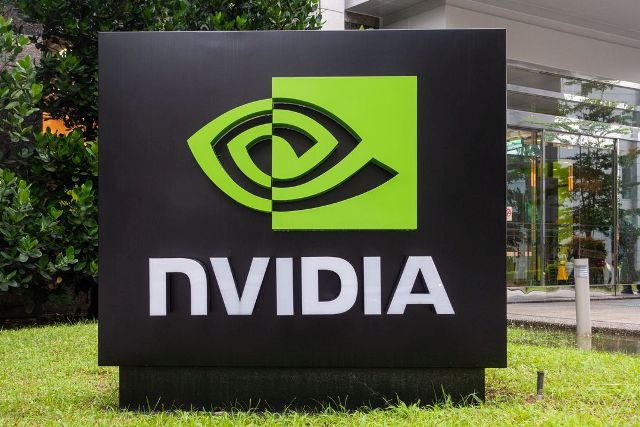The U.S. Federal Trade Commission (FTC) has sued to block U.S. chip company Nvidia’s more than $80 billion planned acquisition of British chip technology provider Arm.

The FTC said the proposed deal would give one of the largest chip companies control over computing technology and designs that competitors rely on to develop their own competing chips.
British regulators said last month they would launch an in-depth probe of the deal, and it is also under scrutiny in the European Union.
Arm licenses its chip architecture and blueprints to major chipmakers Apple, Qualcomm and Samsung Electronics, underpinning the global smartphone ecosystem. Arm was sold to Japan’s SoftBank in 2016.
Nvidia said it would work to demonstrate that this transaction will benefit the industry and promote competition.
The stock-heavy deal has more than doubled in value since it was announced in September 2020 as Nvidia shares have risen on the performance of its data center business. Nvidia will owe only a $1.25 billion breakup fee if the deal does not close, and its shares closed up 2.2 percent at $321.26 on Thursday.
“Nobody thinks the deal is going to close,” said Stacy Rasgon, an analyst with Bernstein. The data center story has been really playing out. The software narrative has become a bigger piece of the story. I would love to see this deal, but I don’t think they need it.”
Before Nvidia’s offer, Softbank had a plan to file for an initial public offering for Arm. Arm’s revenue rose 56.3 percent to $1.46 billion in the six months ended Sept. 30. It is unclear whether Arm, in an IPO, would fetch anything close to the $80 billion in value offered by Nvidia.
The FTC alleged the proposed merger would give Nvidia the ability and incentive to use its control of this technology to undermine its competitors, reducing competition and ultimately resulting in reduced product quality, reduced innovation, higher prices, and less choice, harming the millions of Americans who benefit from Arm-based products.”
The FTC said the combined firm would have the means and incentive to stifle innovative next-generation technologies, including those used to run datacenters and driver-assistance systems in cars.
Some semiconductor firms such as MediaTek and Broadcom have voiced support for the deal. Firms such as Qualcomm have opposed it over concerns that Nvidia would have a first look at key technologies that they depend on and could then have better insights into their future products.





